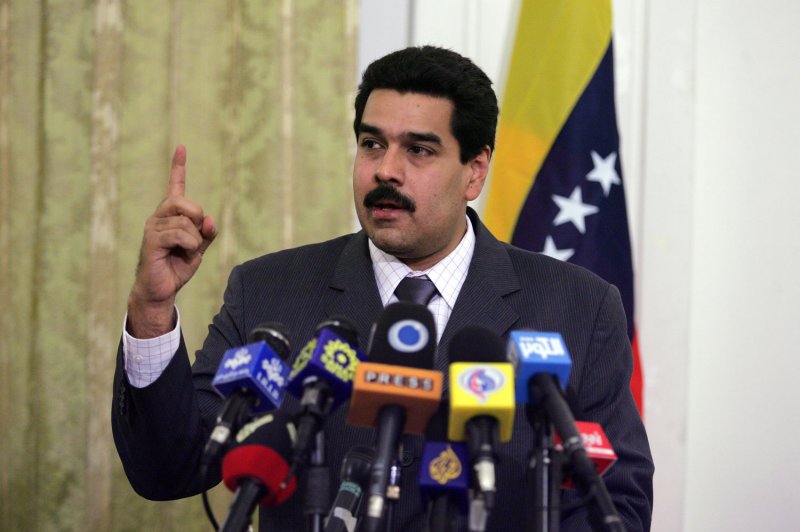CARACAS , Venezuela, Jan. 26 (UPI) -- Currency devaluations have led the Venezuelan economy to the point that 482 gallons of gas can be purchased with one black-market U.S. dollar.
The calculation, by Bloomberg News, indicates a gallon of gas can be bought with 0.2 U.S. cents, because of the country's 64 percent annual inflation rate; regular devaluation, since 2012, of the currency, the bolivar; the fall in the price of oil, and gasoline prices unchanged in 20 years. Keeping gasoline prices low has long been a feature of government policy of the oil-rich nation, designed to keep protests, such as one in 1989 after a gas price increase, at bay.















